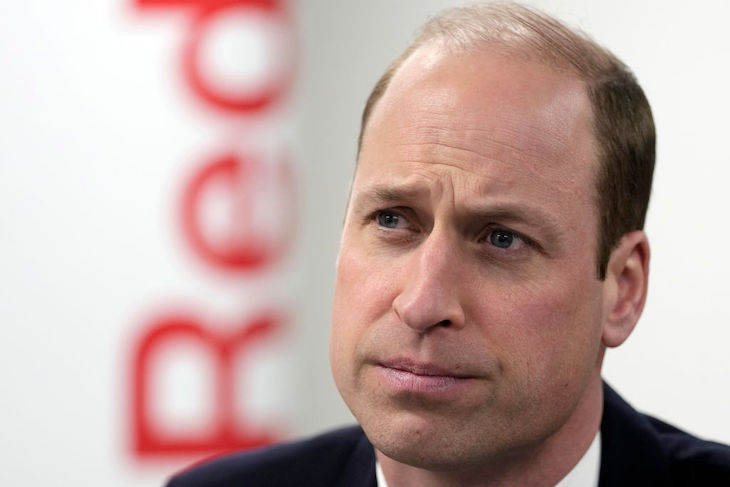The Prince of Wales’s statement on the Israel-Gaza conflict raises more questions than answers. William has announced that he is ‘deeply concerned about the terrible human cost of conflict in the Middle East since the Hamas terrorist attack on 7 October’, before saying explicitly: ‘Too many have been killed.’ He then declares that ‘I, like so many others, want to see an end to the fighting as soon as possible’, before calling for increased humanitarian support to Gaza, the influx of aid and the release of hostages.
Already a subscriber? Log in
Subscribe for just $2 a week
Try a month of The Spectator Australia absolutely free and without commitment. Not only that but – if you choose to continue – you’ll pay just $2 a week for your first year.
- Unlimited access to spectator.com.au and app
- The weekly edition on the Spectator Australia app
- Spectator podcasts and newsletters
- Full access to spectator.co.uk
Or



















Comments
Don't miss out
Join the conversation with other Spectator Australia readers. Subscribe to leave a comment.
SUBSCRIBEAlready a subscriber? Log in